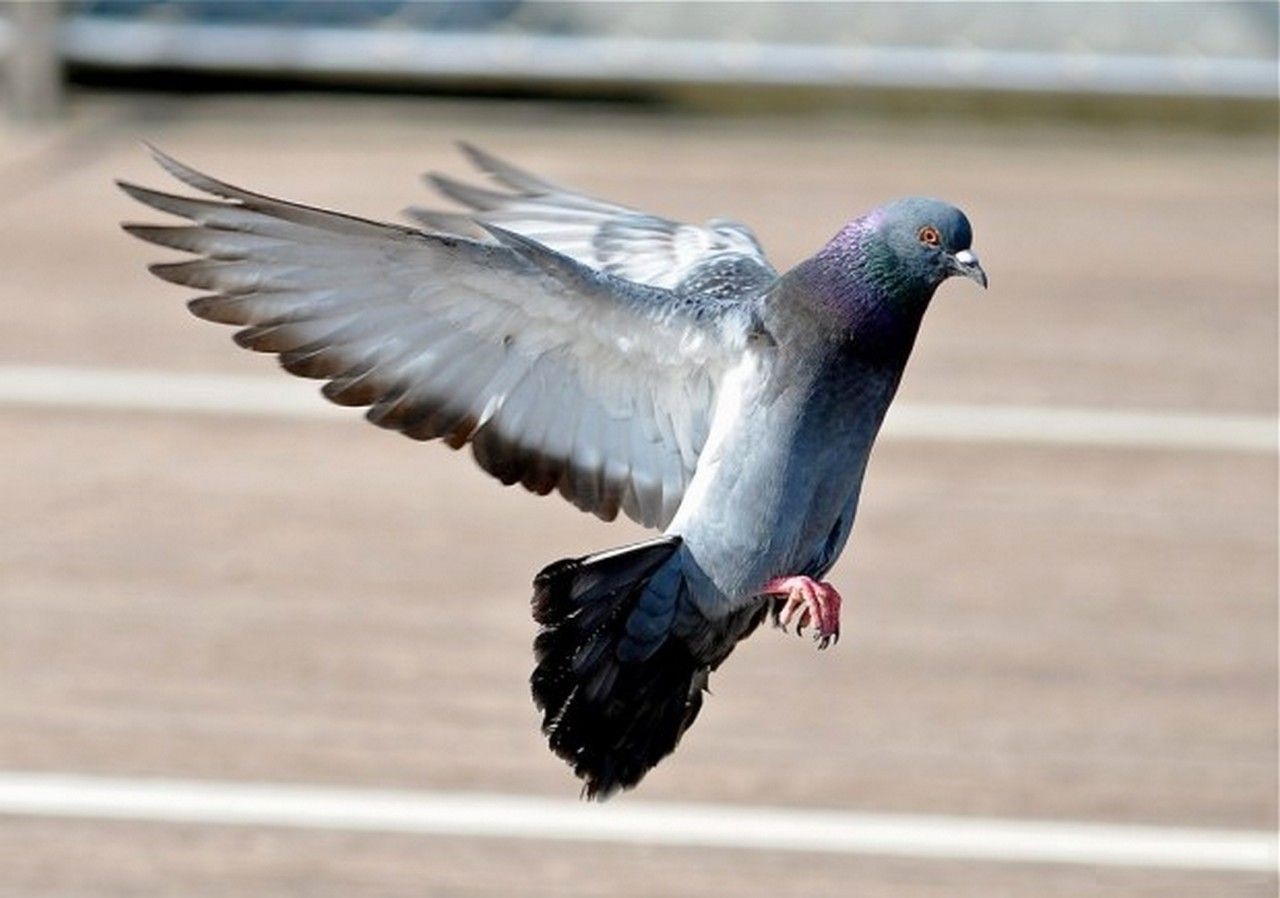There are actually many more species of pigeons in the world than you might think from walking the streets of any city. However, several species of these birds have indeed long ago adapted to existence next to humans, and they are unlikely to be able to survive without them. Although other pigeons live in the forests and mountains, which do not closely resemble their urban relatives.
The flightless bird Dodo, which lived on the island of Mauritius and, unfortunately, was completely exterminated several centuries ago, was a close relative of the common pigeon.

They only seem awkward when they stomp on the ground. In the air, a pigeon can reach speeds of up to 70-75 km / h.
The dove is considered the bird of the world in many countries, and monuments to this bird can be found in three dozen cities around the world.

Due to the unique structure of the eyes, pigeons can look directly at the sun.
Certain types of pigeons are a delicacy in several countries. Their meat, by the way, is several times more nutritious than chicken meat.
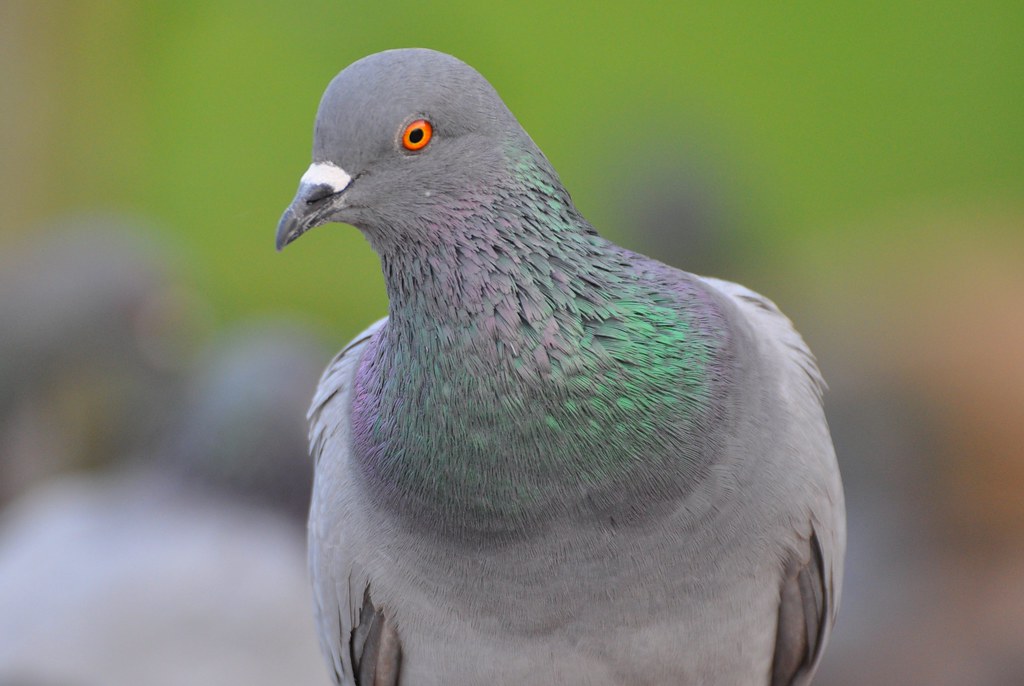
These birds can live up to 20 years, or even more, especially if you provide them with decent care.
Now in the world, there are about three hundred different species of them, and they are found on all continents, except Antarctica.
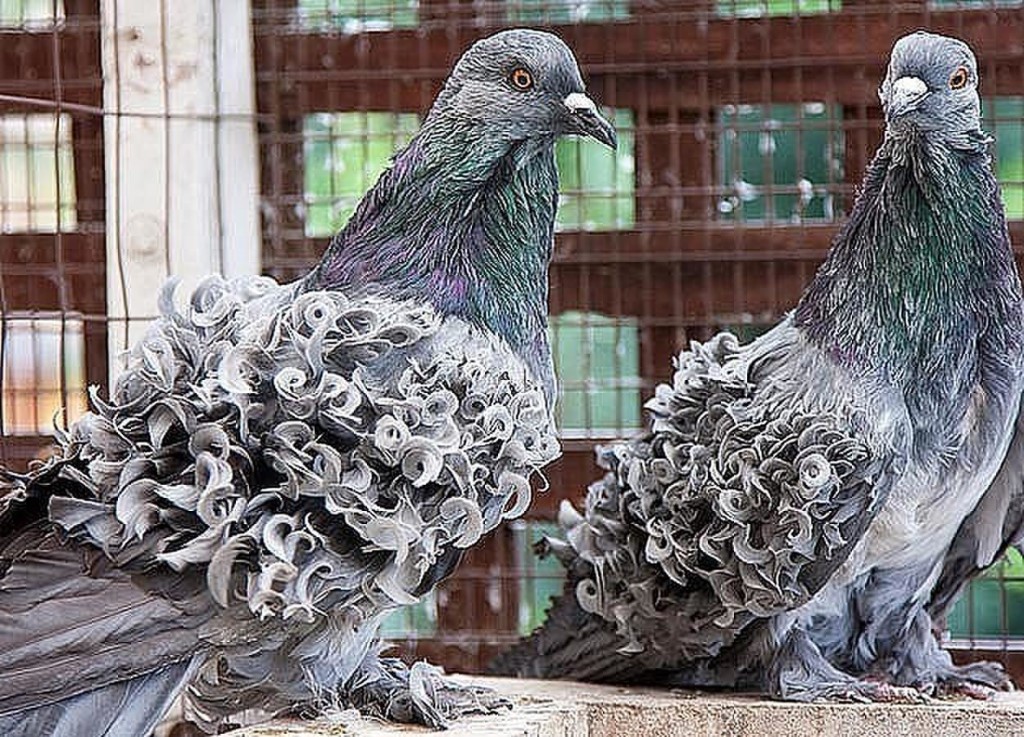
On the body of an adult pigeon, there are about 10,000 feathers.
The eyes of pigeons are about three times more sensitive than those of humans. They perceive about 75 frames per second.
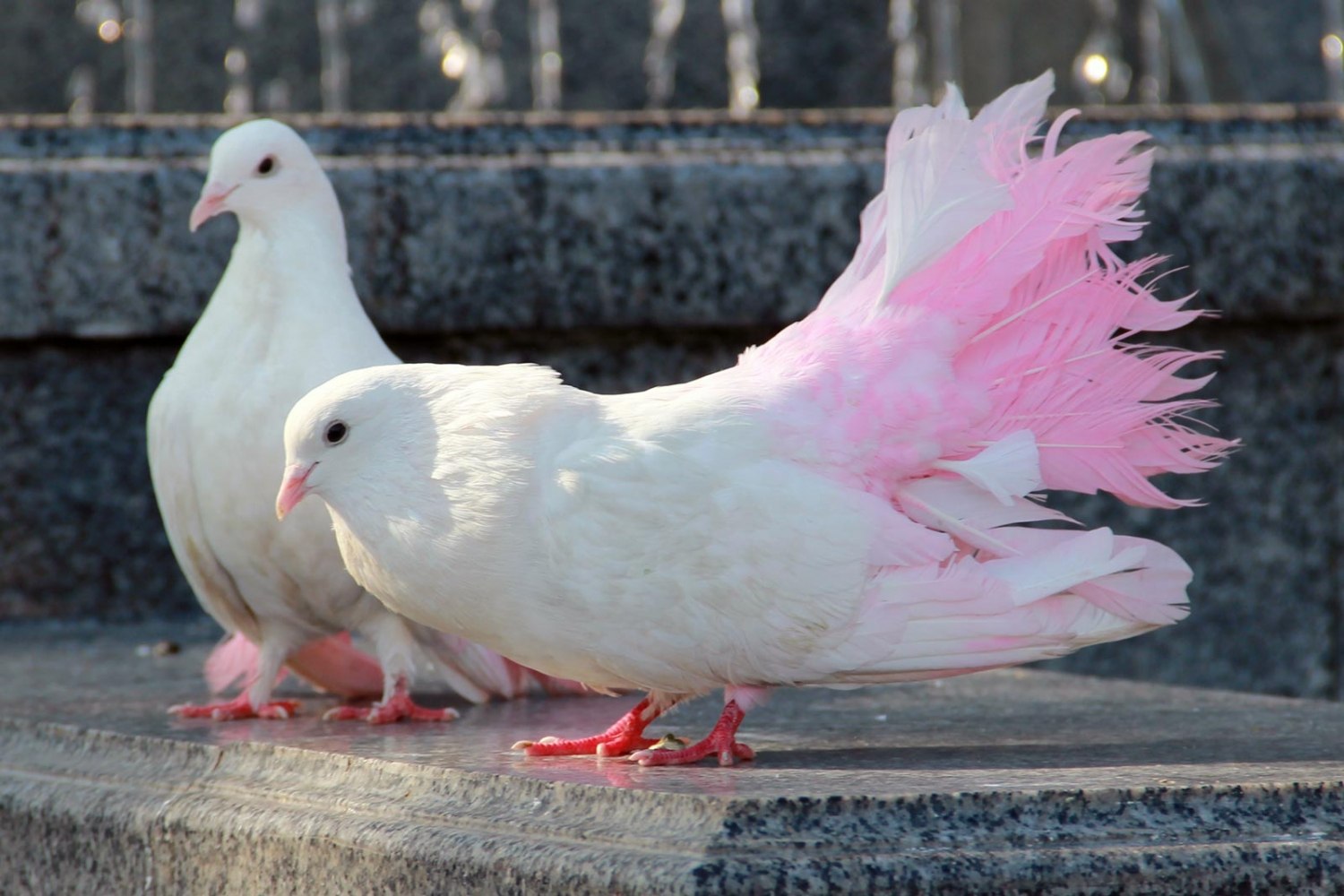
Pigeons have an excellent memory, which led to their use as messenger birds. Moreover, their memory is not only visual but also olfactory – they are guided by the terrain, including by smells.
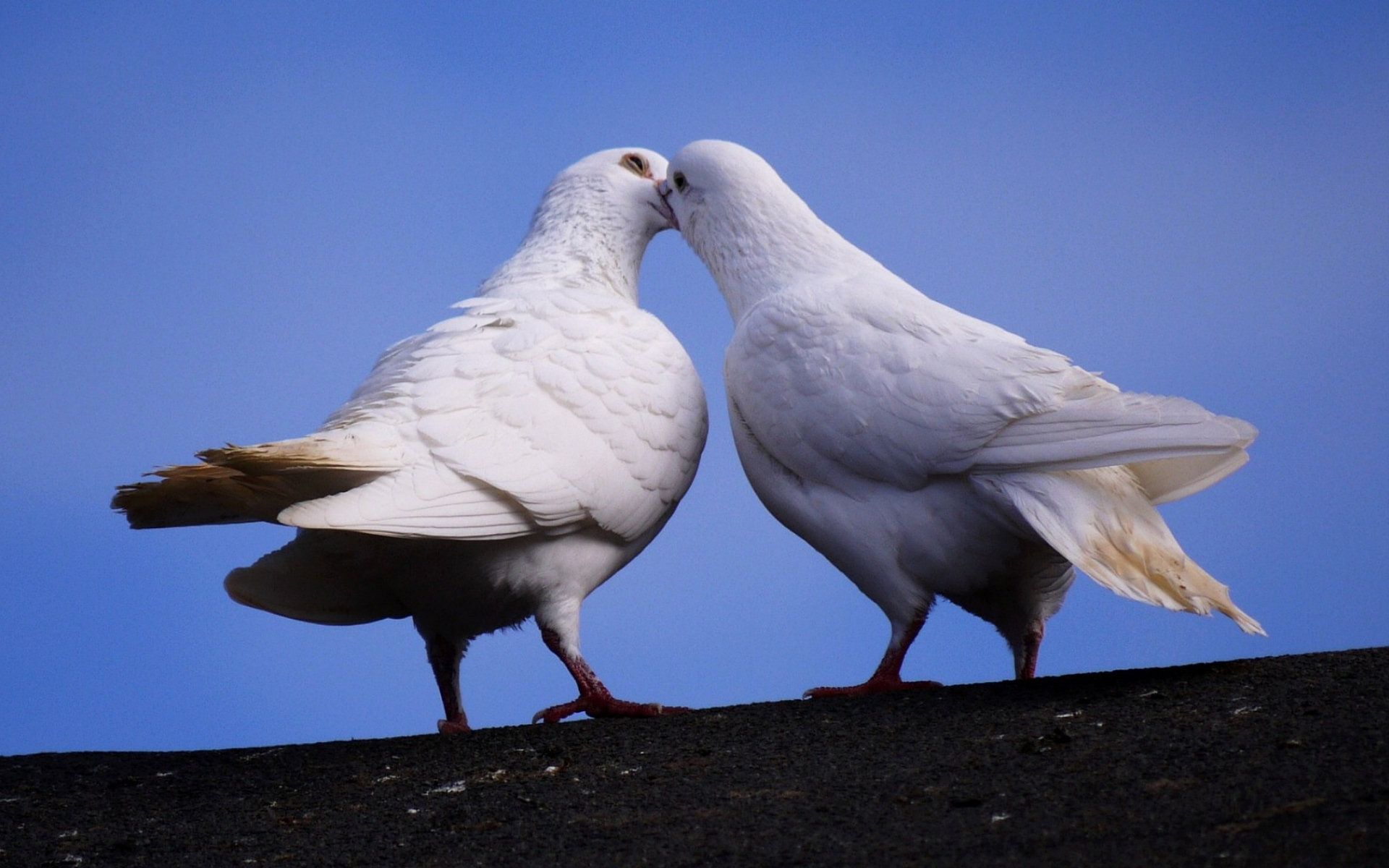
Almost all types of pigeons are selected for themselves a couple of times and for life.
These birds are distinguished by impressive stamina. An adult is quite capable of flying up to 1000 km in 24 hours.
